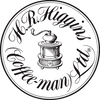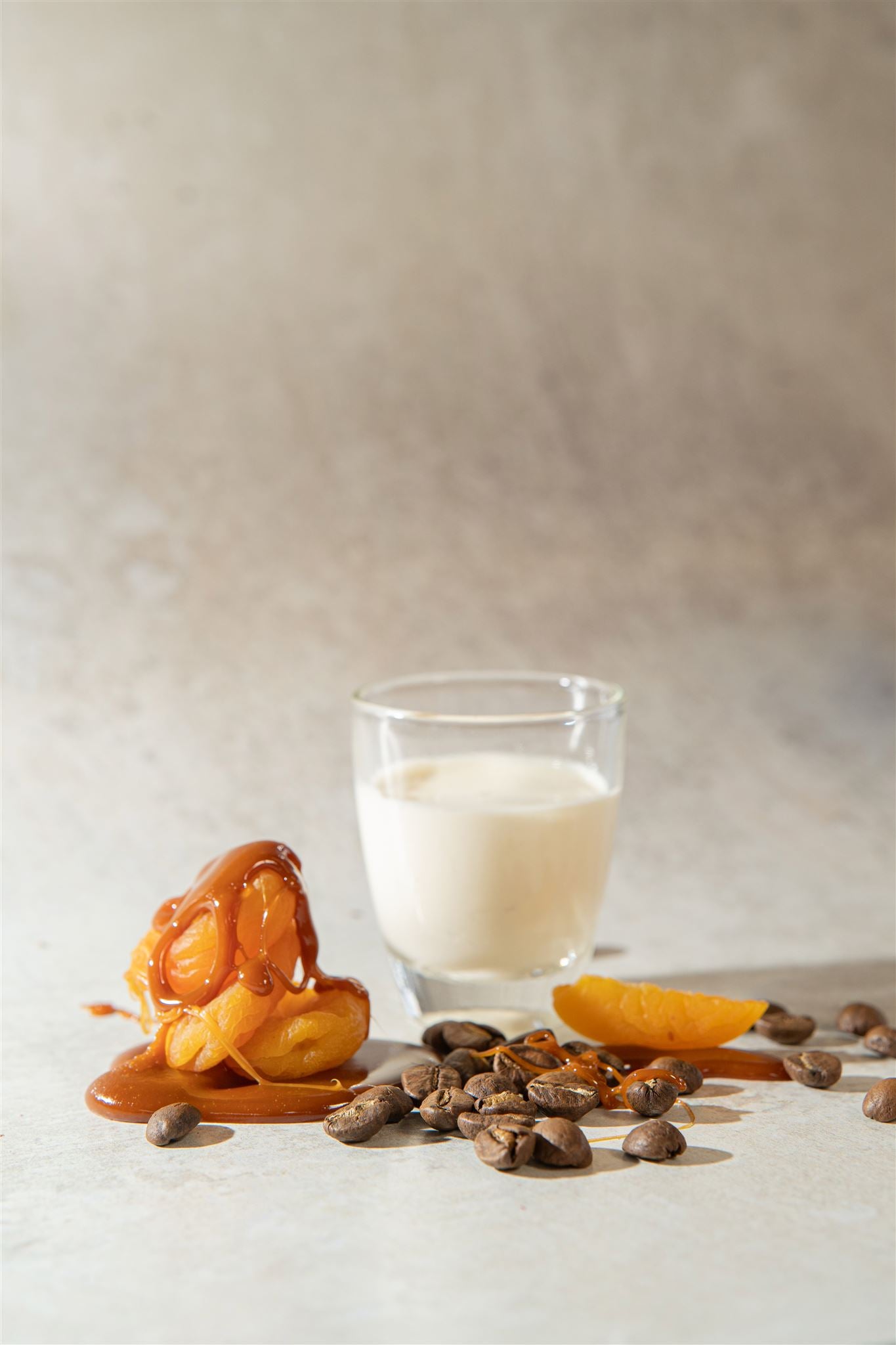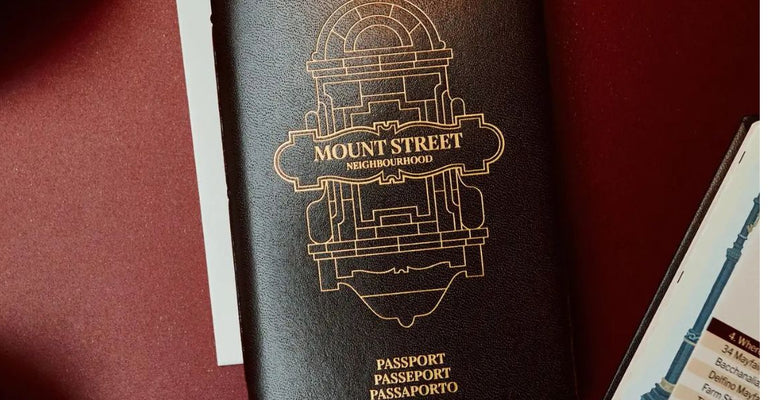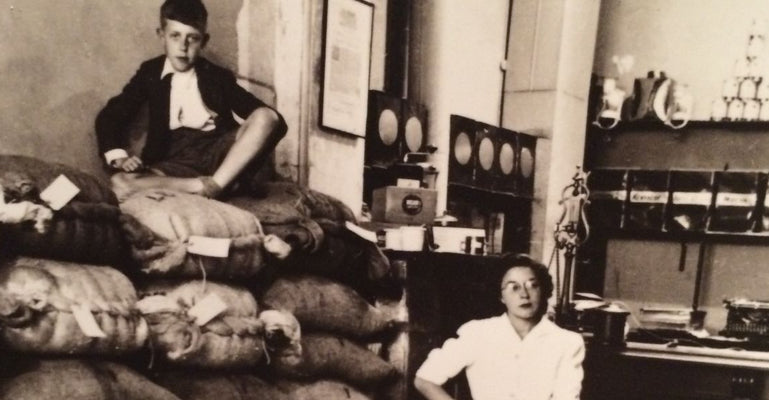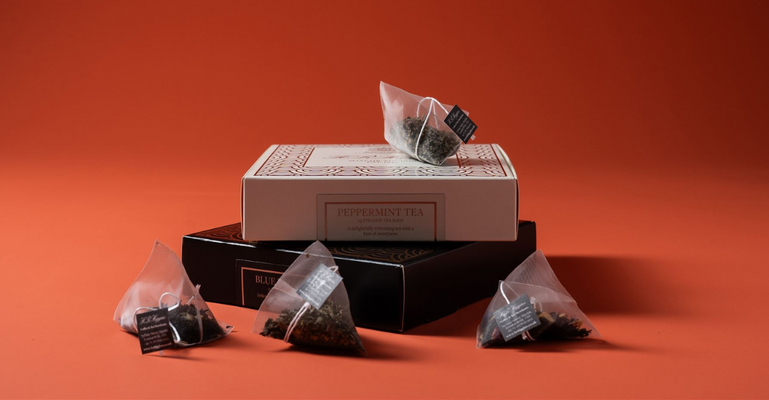One real life hero in this story is the person instrumental in taking coffee to the West Indies in the first place. In 1706, the Dutch successfully transported coffee plants from Java and began to grow them in the Amsterdam Botanical Gardens. In 1714, the mayor of Amsterdam sent a number of specimens to King Louis X1V of France as part of a diplomatic gesture. They were eagerly received and propagated in specially constructed green houses.
Captain Gabriel Mathieu De Clieu, a French naval officer, was on leave in France from Martinique around 1720. The French were keen to introduce coffee production to their spheres of influence. Captain De Clieu was commissioned to take coffee trees back with him to Martinique.
His journal tells us he set sail from Nantes with his precious commission. To protect the small plants from salt spray, they were transported in a special box with a glass cover. The journey was perilous. The ship was attacked by pirates from Tunis and survived a ferocious storm. At one point on the journey, the ship became becalmed, and drinking water severely rationed. De Clieu shared his own drinking water, going without at times in order to keep the plants alive. To make matters worse, a jealous fellow traveller who tried to sabotage his efforts by attacking the plants. The story goes that only one plant survived. Eventually from this single tree, there were enough healthy coffee trees to see them planted in Haiti, Santa Domingo and Guadeloupe.
In 1728, Sir Nicholas Laws introduced coffee into Jamaica from Martinique. Sir Nicholas was the governor at the time. After a revolution in Haiti, refugees brought a wealth of coffee production and processing experience to Jamaica. So began its history in the life of Jamaica and its growth to become the coffee phenomena of the world. Because it has the potential to offer so much, perhaps like no other coffee, it has the power to enthral and delight us, or utterly disappoint.
The famous Blue Mountains are located between Kingston in the south of the island and Port Antonio in the north. They rise to a height of 2256 metres above sea level. Jamaica Blue Mountain coffee is grown in the parishes of Portland, St Mary, St Andrew and St Thomas. The altitude is around 1800 metres. Jamaican coffee growing outside those parishes does not qualify as Blue Mountain. The exportable Jamaica coffee is just a tiny fraction of the world exports of coffee. For example, in 2019 Costa Rica exported around 89.520 metric tonnes of Arabica coffee. Jamaica exported 1.260 metric tonnes. Only a proportion, perhaps as little as 15%, could be classified as Jamaica Blue Mountain.
The climate of the Blue Mountains is ideal for coffee with the rich soil, frequent rainfall and misty conditions. Many Blue Mountain coffee farms are small by international standards and families have worked them for generations.
Because of the very limited supply and increasing demand, its price on world markets soon outstripped other varieties. Japanese consumers fell in love with Blue Mountain and soon eighty percent of all exports were going to Japan. As I look at our first published list in 1946, it is twice the price of the other coffees. There have been times when we have ceased to stock it, because of poor quality. Towards the end of the second world war and for a period afterwards, the quality was incredibly variable. We left Jamaica Blue Mountain out of our selection for some time. We would never stock a coffee just because of its name, no matter how popular. There was also the question about the authenticity of some of the Blue Mountain coffee circulating at the time.
The Jamaican government took control of the situation creating The Jamaica Industry Board. This has more recently been succeeded by The Jamaica Agricultural Commodities Marketing Board. Their policy seeks to improve and maintain quality, and controls export. They have registered Jamaica Blue Mountain as a community trade mark coffee.
Blue Mountain is a unique member of the Typica Arabica coffee species. The Blue Mountain arabica variety is grown in the Caribbean, East Africa and Indonesia.
